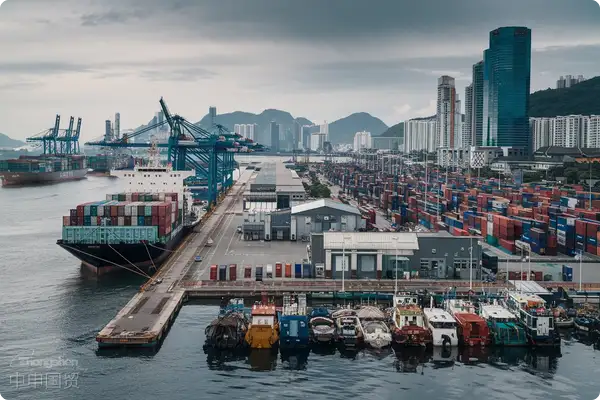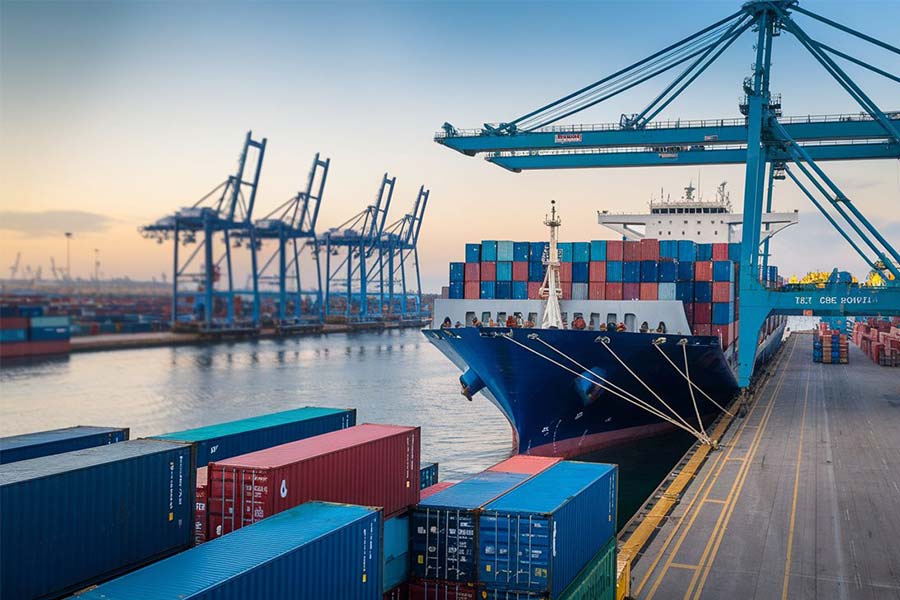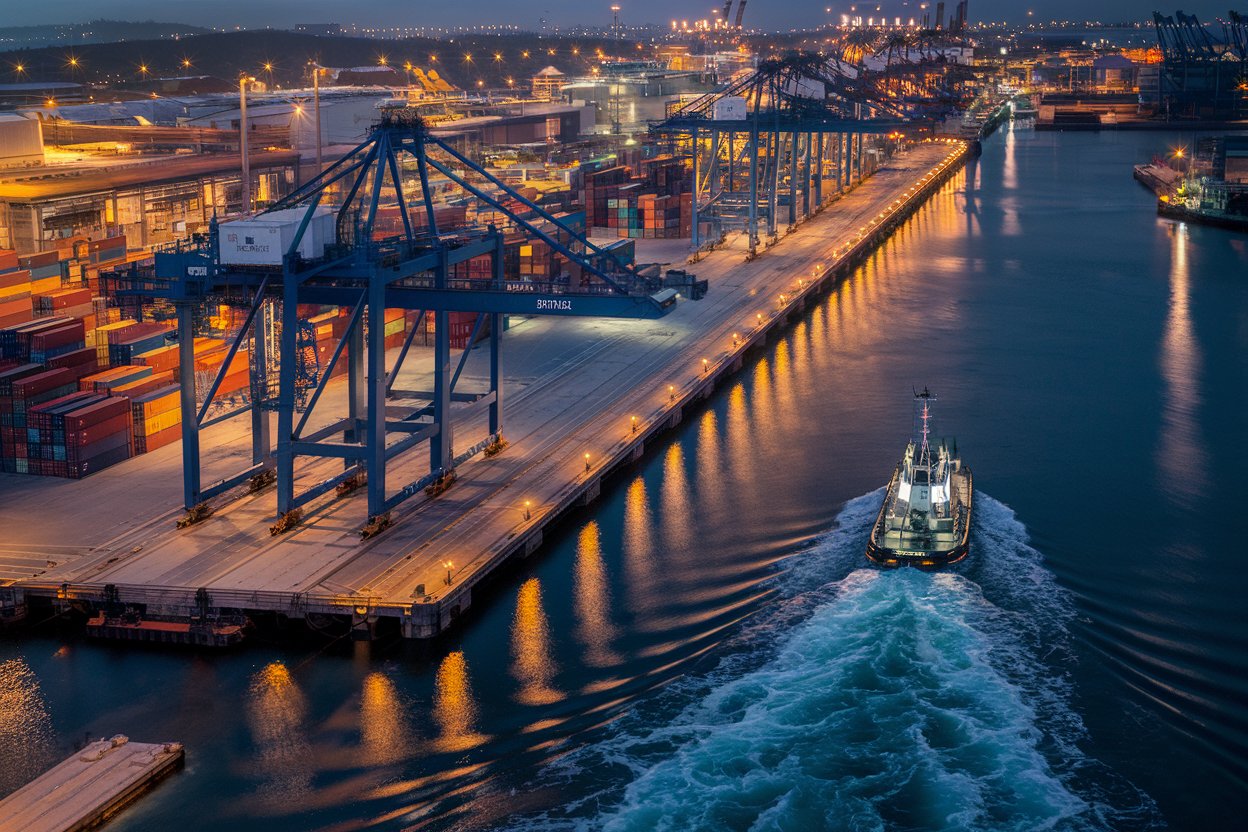- Shanghai Zhongshen International Trade Co., Ltd. - Two decades of trade agency expertise.
- Service Hotline: 139 1787 2118

Contents
ToggleNew Trends in the Professional Audio Import Market for 2025
The global professional audio equipment market is projected to exceed $15 billion by 2025, with European and American brands still holding a 65% market share. Following the full implementation of the RCEP agreement, import tariffs among ASEAN member states have generally been reduced to 3-5%. Notably, South Korea's newly enacted KCC certification regulations require all imported audio equipment to bear electromagnetic compatibility labeling.
Core Customs Clearance Process Breakdown
- HS Code confirmation
- Active speakers are classified under 8518.2200 (8% tariff).
- Amplifier equipment should be classified under 8518.4000 (tariff rate 10%).
- Document preparation checklist
- It is recommended to verify through the following methods:The book must include the manufacturer's production address.
- The technical parameter table must indicate the decibel range.
- The EU CE certification requires an update to the 2025 version of the standard.
- Key points of inspection and quarantine
- Wooden packaging must be accompanied by a fumigation certificate.
- Lithium battery-powered equipment requires a UN38.3 test report.
Vendor Selection Matrix for Agency Services
- Essential Qualifications
- AEO (Authorized Economic Operator) Advanced Certification
- Hazardous Materials Transportation Business License (for Battery-Equipped Devices)
- Verification of service capabilities
- Commitment Letter on Customs Clearance Time Efficiency at Major Ports
- Certificate of Customs Duty Guarantee Limit Documentation
Key nodes of risk prevention and control
A case from a well-known audio brand in March 2025 revealed that an entire container of goods was detained at Osaka Port due to failure to promptly update the Japanese PSE certification standards, resulting in port demurrage fees totaling $23,000. It is recommended that enterprises pay close attention to:
- The declared value must not deviate from the purchase contract by more than 5%.
- The target market access certification was completed 60 days ahead of schedule.
- Transportation insurance shall cover accidental damage during loading and unloading.
Customs Clearance Strategies for Emerging Markets
- Middle East region
- Dubai Port requires the maximum sound pressure level of speakers not to exceed 110dB.
- The Saudi SASO certification has added new energy efficiency grade requirements.
- African market
- The validity period of Nigeria's SONCAP certificate has been shortened to 3 months.
- Kenya requires a radiation safety inspection report.
Cost optimization path
Negotiating under CIF terms can reduce transportation costs by 12-15%, while utilizing the ATA Carnet for temporary imports can save 50% on tariff deposits. A case study from a certain agency company showed that by adopting the pre-classification ruling mechanism, the tariff rate for a mixing console was reduced from 10% to 5%, resulting in a single-batch tariff savings of $80,000.
Trend forecast for the next three years
- The EU carbon tariff will impact audio equipment.Equipment ImportsCustoms Clearance Stability
- The Central America Free Trade Agreement may reduce tariffs on studio monitors.
- Smart speaker imports require separate declaration of the voice recognition module.
Related Recommendations
? 2025. All Rights Reserved. Shanghai ICP No. 2023007705-2  PSB Record: Shanghai No.31011502009912
PSB Record: Shanghai No.31011502009912










